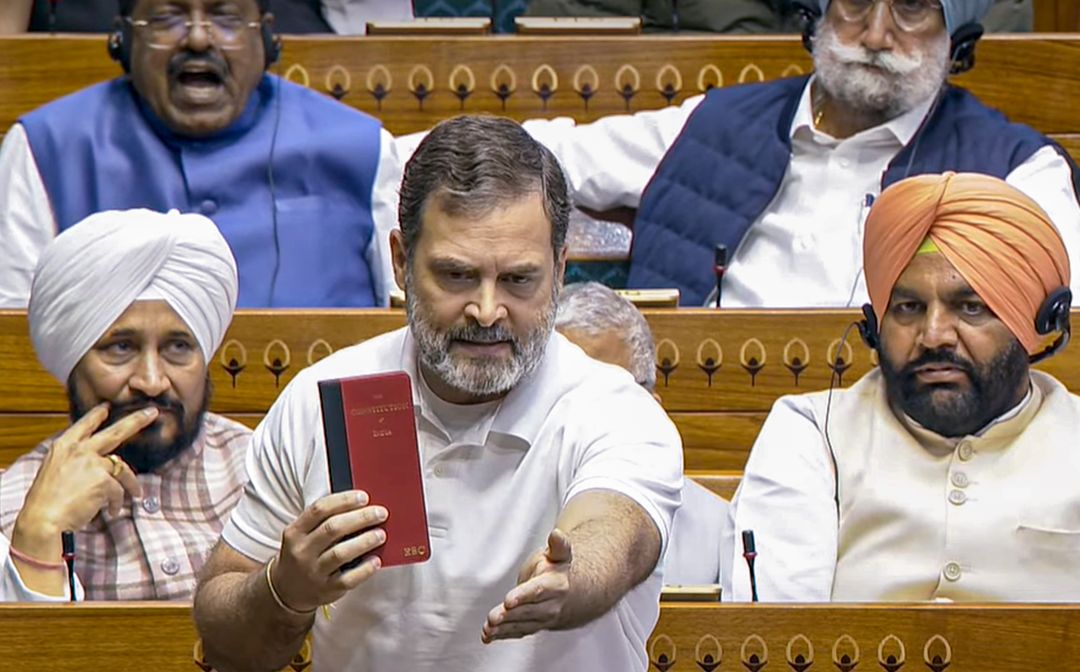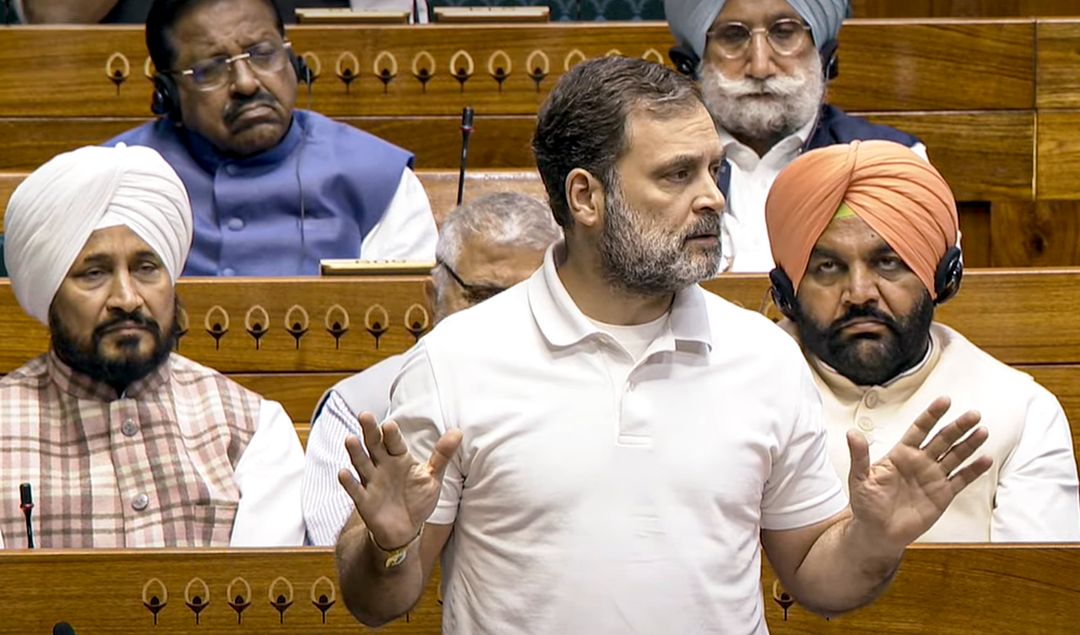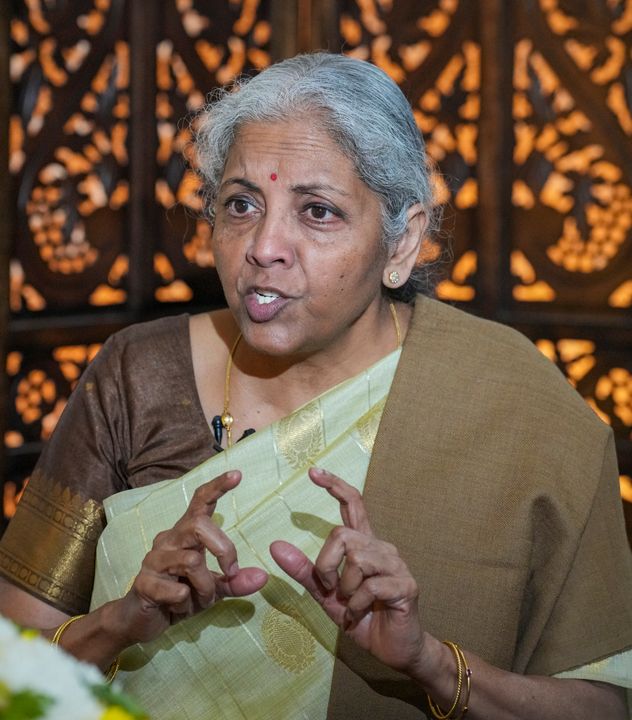New Delhi, Feb 4 (PTI) – The Union Budget 2024 is set to accelerate infrastructure development in India's energy sector, with a strong emphasis on renewable energy investments and raw material security, industry experts said. The budget, presented by Finance Minister Nirmala Sitharaman in the Lok Sabha on Saturday, includes key measures to address challenges related to grid storage technology and access to critical minerals.
Dibyanshu, Partner at Khaitan & Co., highlighted the government's continued commitment to power sector reforms, particularly through incentivizing electricity distribution companies (Discoms) to improve efficiency and strengthening intra-state grid capacity. These reforms are expected to bolster energy infrastructure, especially benefiting the renewable energy industry.
Senior Advocate at the Supreme Court, GV Rao, emphasized that the budget addresses crucial issues concerning critical mineral access and grid storage technologies. He noted that increased investment in intra-state grid expansion, coupled with mining reforms, will minimize industrial disputes and facilitate the early execution of energy projects. Rao, who also chairs the National Council for Arbitration and Mediation at Assocham, lauded these measures as pivotal for the sector’s growth.
Somesh Kumar, Partner & Leader - Power & Utilities at EY India, pointed out that the power sector reforms will not only enhance electricity distribution but also strengthen intrastate transmission capacity, ensuring financial stability for Discoms. States implementing these reforms will gain an additional 0.5% of their Gross State Domestic Product (GSDP) in borrowing capacity, leading to improved infrastructure and efficiency.
Among the notable announcements, Vikram V, Vice President and Co-Group Head at Icra Ltd, highlighted the launch of a nuclear energy mission targeting a 100 GW capacity by 2047. He also pointed out increased funding for the PM Surya Ghar Muft Bijli Yojana and the national manufacturing mission, aimed at promoting the production of solar PV cells, wind turbines, grid-scale batteries, and electrolysers.
Ashwin Jacob, Partner and Energy, Resources & Industrial Industry Leader at Deloitte India, welcomed the budget's recognition of Indian downstream manufacturers' need for competitiveness. The government’s decision to exempt basic customs duty (BCD) on 12 critical minerals, including cobalt, LED, zinc, lithium-ion battery scrap, is expected to significantly benefit manufacturers.
On the nuclear energy front, Sambitosh Mohapatra, Partner and Leader – Sustainability, Energy and Climate at PwC India, underscored the importance of the Rs 20,000 crore investment in small modular reactors (SMRs). He stated that the operationalization of five indigenous SMRs by 2033 would reinforce India's leadership in nuclear technology while contributing to climate change mitigation.
The national manufacturing mission was described as a strategic move by Shashank Sharma, CEO and Founder of Sunsure Energy. He emphasized that it would strengthen domestic manufacturing of solar PV cells, EV batteries, motors, controllers, electrolysers, wind turbines, and high-voltage transmission equipment.
Regarding battery storage, Ankit Hakhu, Director at Crisil Ratings Ltd, projected a significant shift in the renewable energy landscape, with battery-backed renewable projects expected to constitute over 33% of India's renewable power capacity additions in the next 3-5 years. He noted that this would provide enhanced control over costs, quality, and the supply chain of battery systems.
With these forward-looking initiatives, the budget is poised to drive India's transition towards a more sustainable and self-reliant energy sector.
Dibyanshu, Partner at Khaitan & Co., highlighted the government's continued commitment to power sector reforms, particularly through incentivizing electricity distribution companies (Discoms) to improve efficiency and strengthening intra-state grid capacity. These reforms are expected to bolster energy infrastructure, especially benefiting the renewable energy industry.
Senior Advocate at the Supreme Court, GV Rao, emphasized that the budget addresses crucial issues concerning critical mineral access and grid storage technologies. He noted that increased investment in intra-state grid expansion, coupled with mining reforms, will minimize industrial disputes and facilitate the early execution of energy projects. Rao, who also chairs the National Council for Arbitration and Mediation at Assocham, lauded these measures as pivotal for the sector’s growth.
Somesh Kumar, Partner & Leader - Power & Utilities at EY India, pointed out that the power sector reforms will not only enhance electricity distribution but also strengthen intrastate transmission capacity, ensuring financial stability for Discoms. States implementing these reforms will gain an additional 0.5% of their Gross State Domestic Product (GSDP) in borrowing capacity, leading to improved infrastructure and efficiency.
Among the notable announcements, Vikram V, Vice President and Co-Group Head at Icra Ltd, highlighted the launch of a nuclear energy mission targeting a 100 GW capacity by 2047. He also pointed out increased funding for the PM Surya Ghar Muft Bijli Yojana and the national manufacturing mission, aimed at promoting the production of solar PV cells, wind turbines, grid-scale batteries, and electrolysers.
Ashwin Jacob, Partner and Energy, Resources & Industrial Industry Leader at Deloitte India, welcomed the budget's recognition of Indian downstream manufacturers' need for competitiveness. The government’s decision to exempt basic customs duty (BCD) on 12 critical minerals, including cobalt, LED, zinc, lithium-ion battery scrap, is expected to significantly benefit manufacturers.
On the nuclear energy front, Sambitosh Mohapatra, Partner and Leader – Sustainability, Energy and Climate at PwC India, underscored the importance of the Rs 20,000 crore investment in small modular reactors (SMRs). He stated that the operationalization of five indigenous SMRs by 2033 would reinforce India's leadership in nuclear technology while contributing to climate change mitigation.
The national manufacturing mission was described as a strategic move by Shashank Sharma, CEO and Founder of Sunsure Energy. He emphasized that it would strengthen domestic manufacturing of solar PV cells, EV batteries, motors, controllers, electrolysers, wind turbines, and high-voltage transmission equipment.
Regarding battery storage, Ankit Hakhu, Director at Crisil Ratings Ltd, projected a significant shift in the renewable energy landscape, with battery-backed renewable projects expected to constitute over 33% of India's renewable power capacity additions in the next 3-5 years. He noted that this would provide enhanced control over costs, quality, and the supply chain of battery systems.
With these forward-looking initiatives, the budget is poised to drive India's transition towards a more sustainable and self-reliant energy sector.
Last updated by a enewsx:


